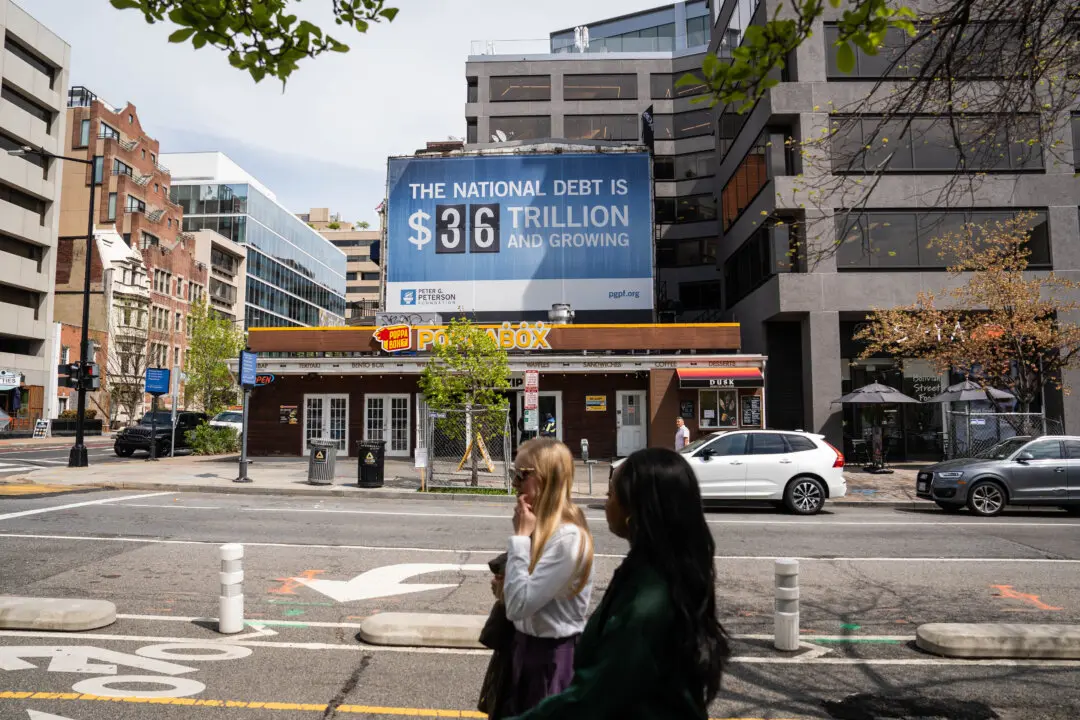Billionaire Elon Musk has been highly critical of Twitter’s restrictions on speech. With his purchase of the social media platform and his goal of creating an open and transparent environment, there has been some discussion about the impact this could have on U.S. elections moving forward.
Elon Musk’s takeover of Twitter is a “huge deal,” according to Hogan Gidley, the former White House spokesman under President Donald Trump.





